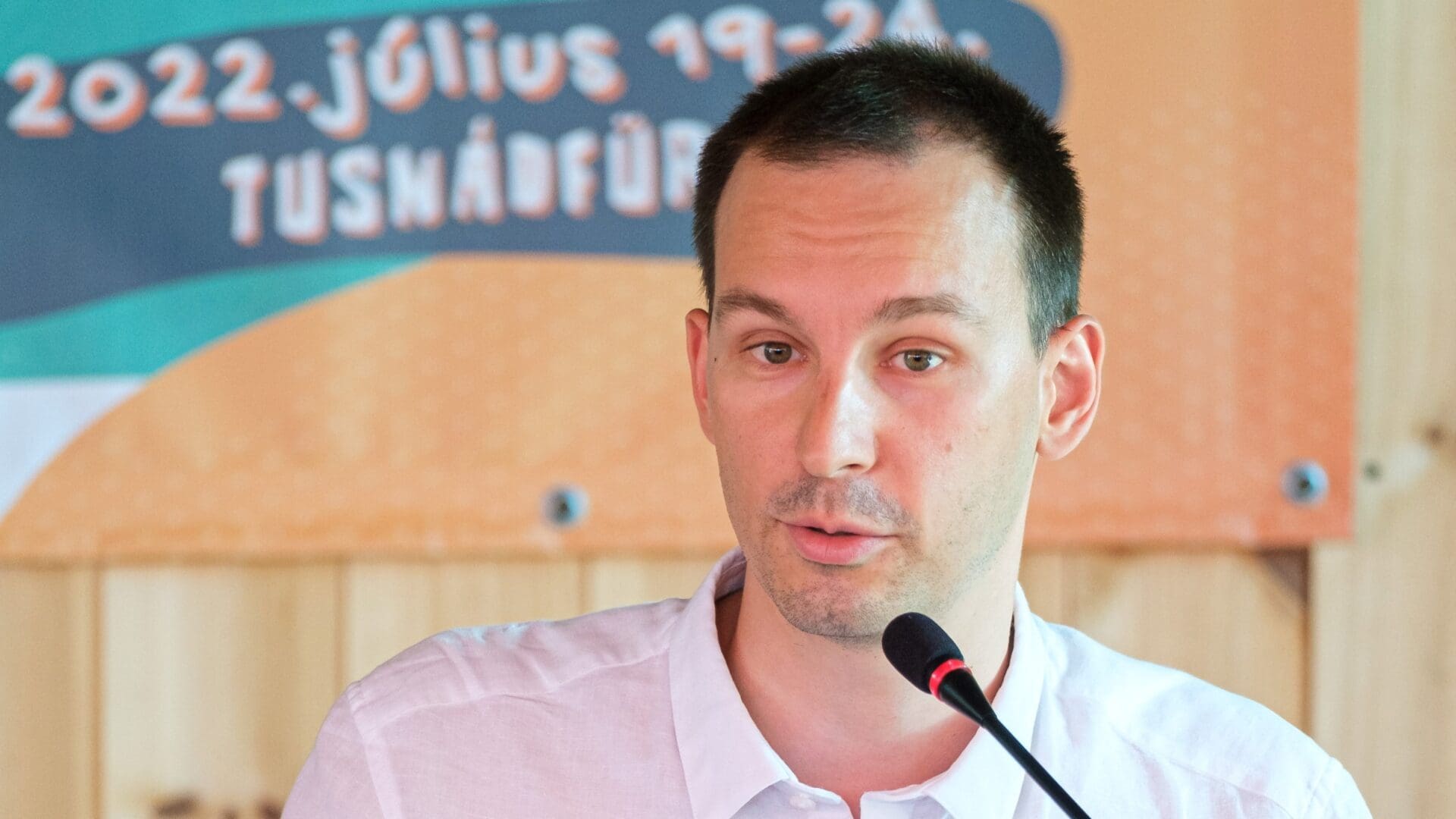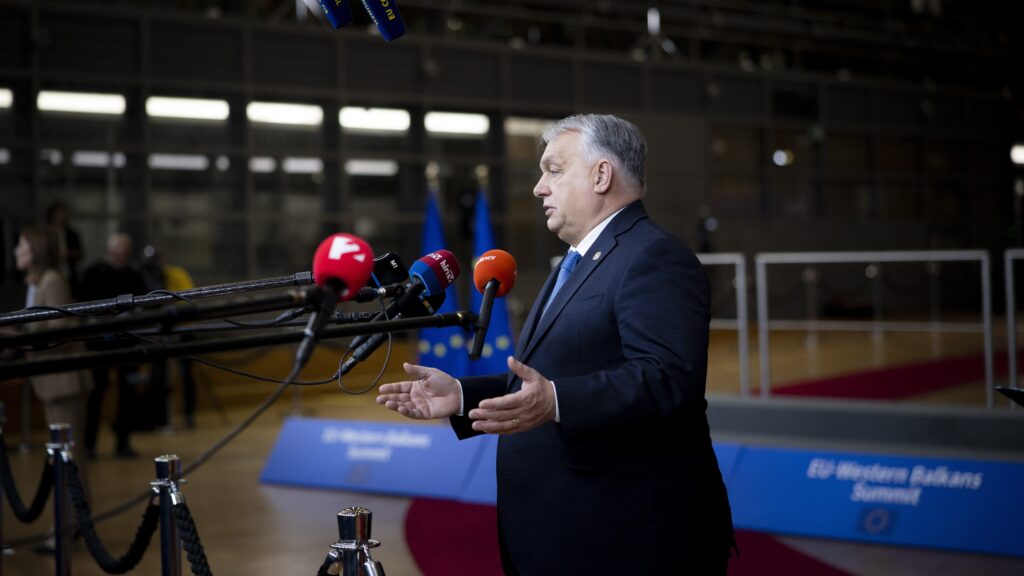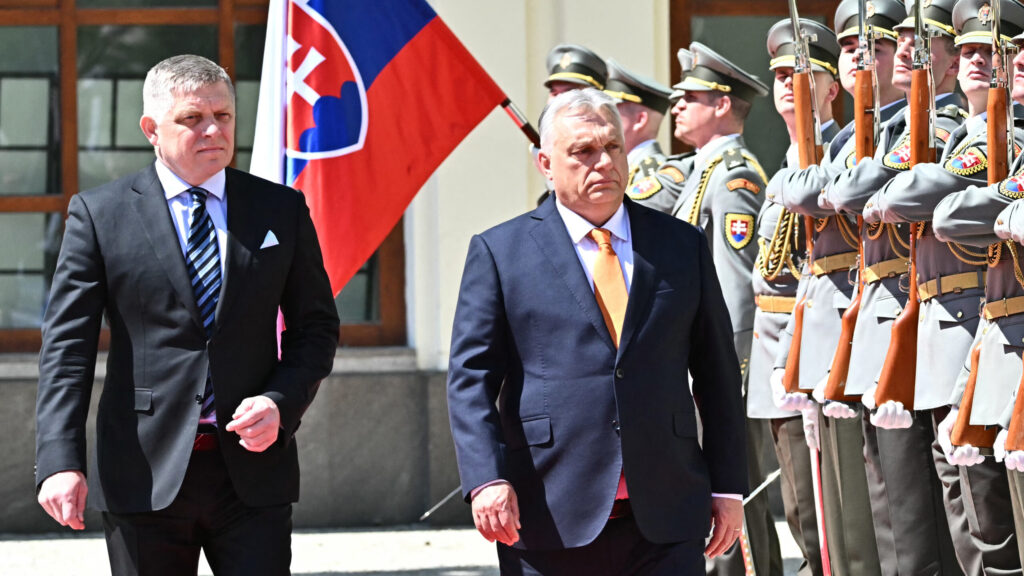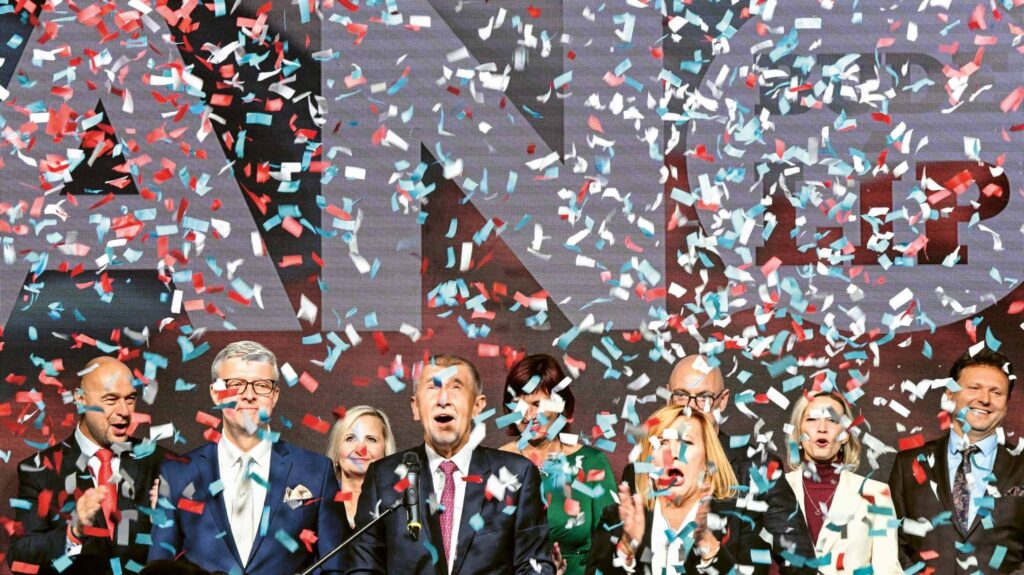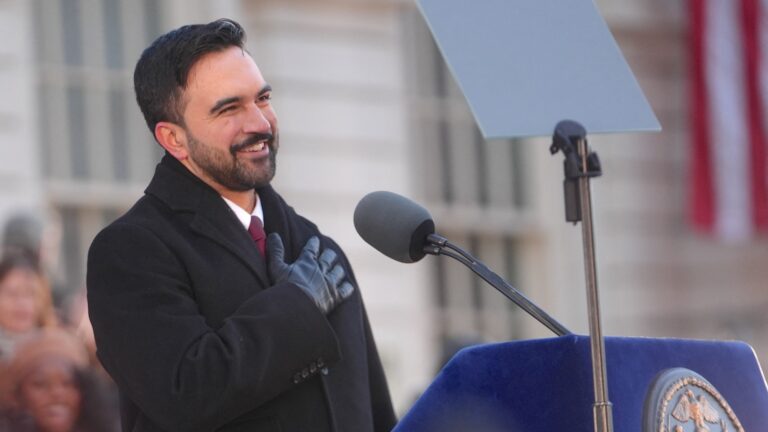The European Commission has signed off on the release of €10.2 billion of the withheld EU cohesion funds due to Hungary on Wednesday, 13 December. The Hungarian daily Magyar Nemzet has interviewed Ákos Bence Gát, a foreign relations expert from the Danube Institute about the latest developments.
The decision was made through a so-called ‘written procedure,’ which means that the Commissioners were not physically present together for a session, Mr Gát explained to the paper. Rather, written documents were sent to them for remote approval—however, the issue had already been excessively debated in person as well prior to the decision, he pointed out.
POLITICOEurope on Twitter: “🚨 BREAKING: The European Commission has unblocked €10.2 billion for Hungary as the EU tries to sway Viktor Orbán on Ukraine.https://t.co/l4X6IZDr6g / Twitter”
🚨 BREAKING: The European Commission has unblocked €10.2 billion for Hungary as the EU tries to sway Viktor Orbán on Ukraine.https://t.co/l4X6IZDr6g
The €10.2 billion in unblocked funds is a little under half of the total €22 billion that the Union has withheld in cohesion funds from Hungary over supposed rule of law concerns. However, that is not the total amount the Hungarian government is claiming: COVID recovery funds were also blocked. Those amount to about €5.8 billion in non-repayable aid, in Mr Gát’s estimation.
When asked if the European Union can still refuse to pay funds to Hungary in the future, despite the release of the €10.2 eventually being approved after a long, arduous process, he had this to say:
‘Theoretically, the withholding of EU funds is regulated by law. However, in the EU, failing to abide by the law and the processes’ lack of legal reliability on major, consequential issues are the biggest problems.
This means that the current laws on the book cannot guarantee safeguards against the political will of the Brussels power centre
—especially on highly politicized issues such as Hungary’s frozen EU funds.’
He went on to state that, unfortunately, recent instances of ‘grotesque legal interpretations, trickery, and the twisting-turning of rules’ have proven that, despite all the EU treaties and procedural rules in place, they can easily be overwritten by the political whims of Brussels. The expert has also drawn attention to the blatant hypocrisy on the EU institutions’ part: while they are ‘scolding’ certain Member States for supposed rule of law concerns, they themselves fail to adhere to their own rules.
Accession Negotiations with a Country at War
The EU Council convened for a meeting in Brussels, Belgium on 14–15 December. As Mr Gát pointed out, the main agenda point for the conference was Ukraine’s potential entering into the Union. Prime Minister Viktor Orbán of Hungary has been categorically against it so far. Western media outlets have speculated that the aforementioned unfreezing of EU funds came in an effort to try to sway him on the issue.
On the first day of the meeting of EU Member State leaders and the EU Commission President,
an additional €50 billion in financial aid package was approved for war-torn Ukraine.
In his interview, Gát told Magyar Nemzet that it is crucial that the decision on the enlargement remains a discretion of the heads of state and government of the Member States, and not that of the European Commission. He also stated that negotiations about the accession of a country that is currently at war is ‘unusual’ which ‘understandably leads to debates’.
Related articles:

